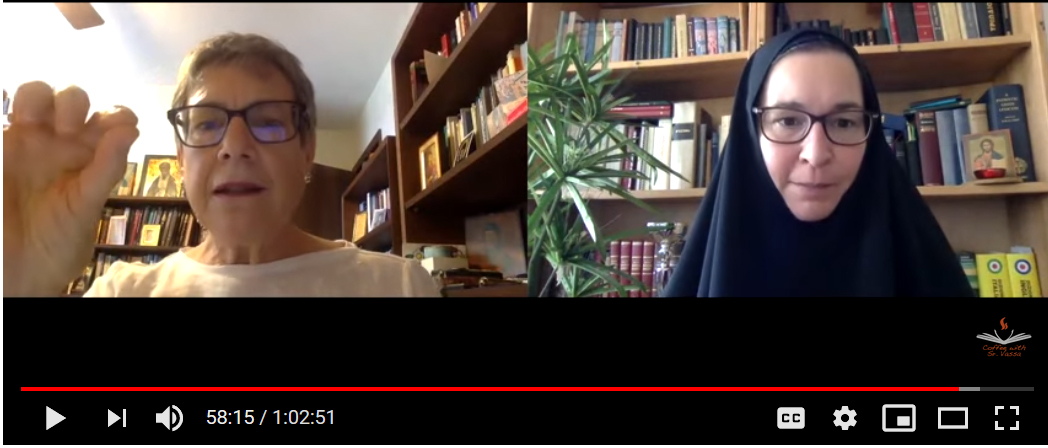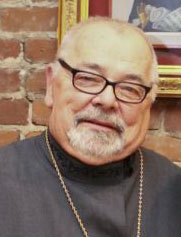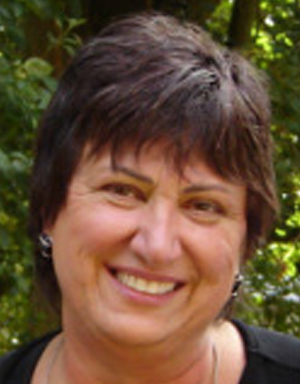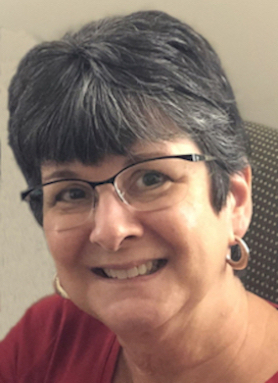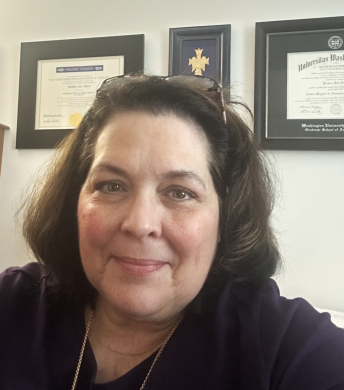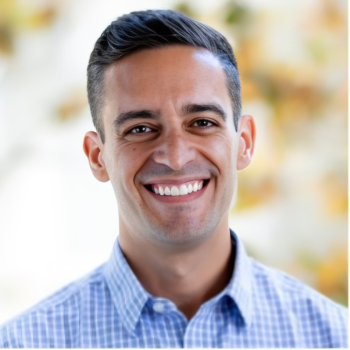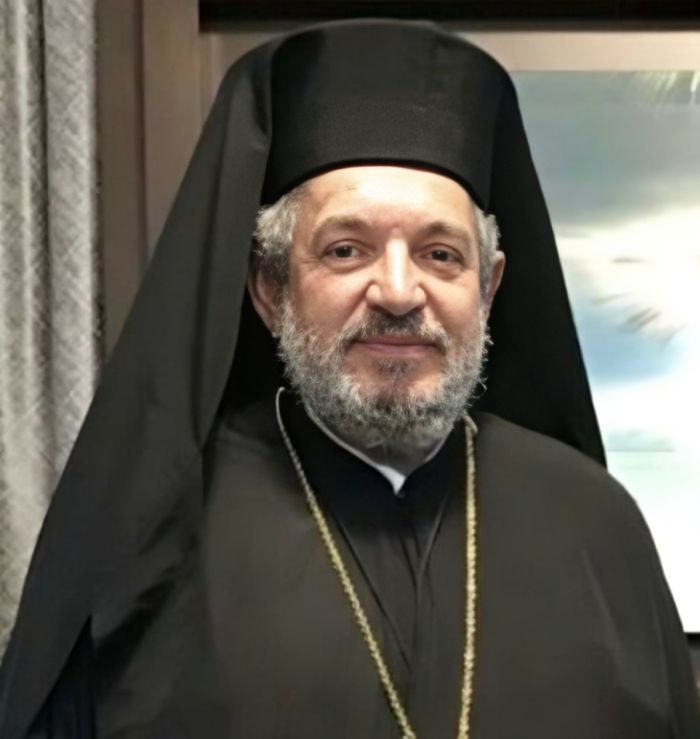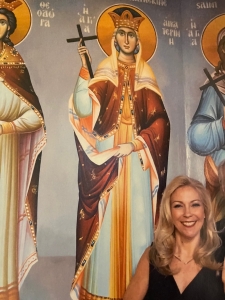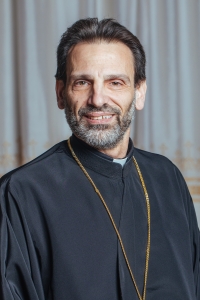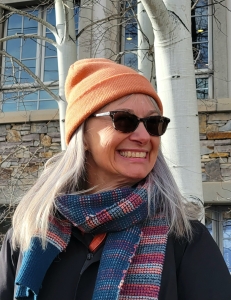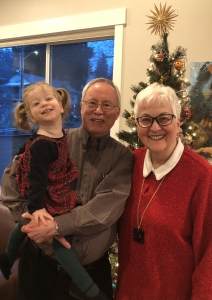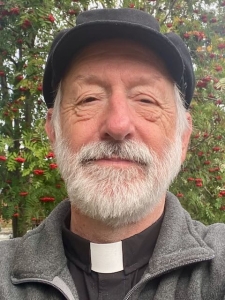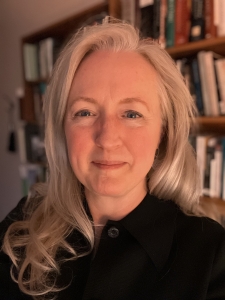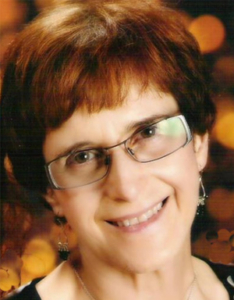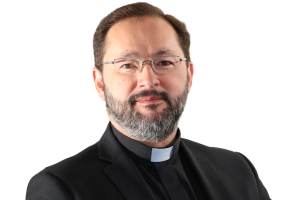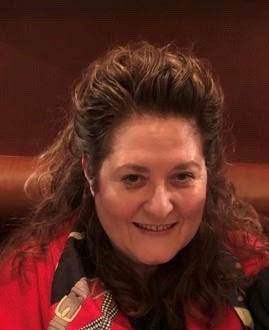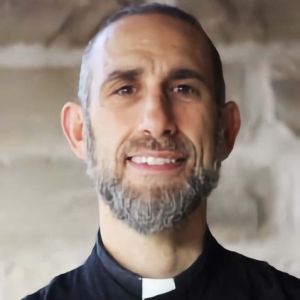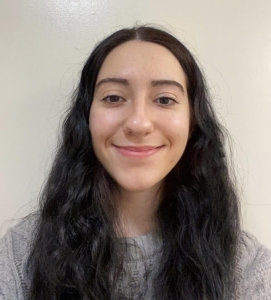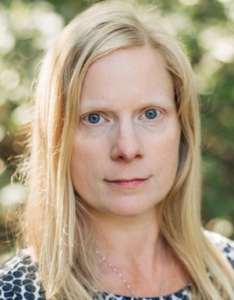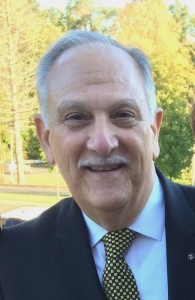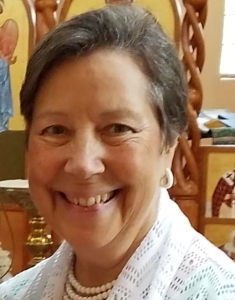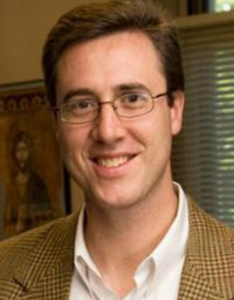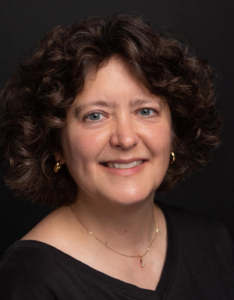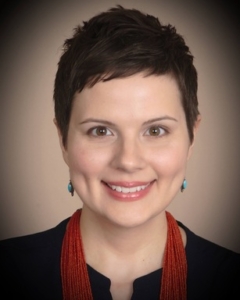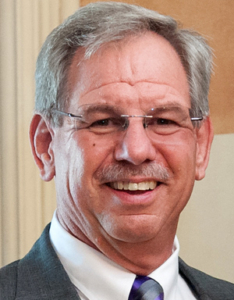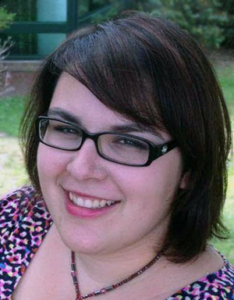“Supplementing such quandaries are issues regarding the gender of infants, the need to reassess and modify the language of certain prayers, and to include the father into the rite in such a manner that the focus becomes not simply the “forgiveness” and reincorporation into communion of the mother but the sanctification and celebration of the whole family in the fulfillment of the will of God.”
“…the issues at hand have absolutely nothing to do with an all-male priesthood, for “all of us are ‘one in Christ Jesus’ (Galatians 3:28), participants in the same blessings and inheritors of the same promises”. Hence, it appears that the most ancient custom of the Church called for all children, baptized or not, to enter the sanctuary.”
……………………………………………………………………………………………
Eastern Christian Books Interviews Advisory Board Member Dr. Carrie Frederick Frost on Her New Publication “Maternal Bodies”
In his blog, Dr. Adam Deville of Eastern Christian Books, shares the in-depth conversation he had with Dr. Carrie Frederick Frost on her new publication:
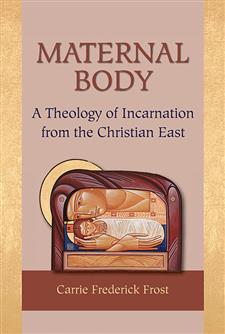 “I had a very enjoyable conversation over dinner with Carrie Frederick Frost, an Orthodox scholar who is one of the officers of the newly formed International Orthodox Theological Association, whose inaugural meeting I attended this past January in Iasi, Romania–a delightful town which hosted a splendid conference. She told me of her forthcoming book, Maternal Body: A Theology of the Incarnation from the Christian East (Paulist, 2019, 144pp.) and when, several weeks ago, I received a review copy from the publisher, I sent her some questions for an interview. Here are her thoughts.”
“I had a very enjoyable conversation over dinner with Carrie Frederick Frost, an Orthodox scholar who is one of the officers of the newly formed International Orthodox Theological Association, whose inaugural meeting I attended this past January in Iasi, Romania–a delightful town which hosted a splendid conference. She told me of her forthcoming book, Maternal Body: A Theology of the Incarnation from the Christian East (Paulist, 2019, 144pp.) and when, several weeks ago, I received a review copy from the publisher, I sent her some questions for an interview. Here are her thoughts.”
Interview by Sister Vassa with Professor Susan Ashbrook Harvey on Women and Church-Singing
Sister Vassa Larin interviews Susan Ashbrook Harvey, Professor of Religion and History at Brown University.
Advisory Board Member Dr. Carrie Frederick Frost Publishes New Book: Maternal Body: A Theology of Incarnation from the Christian East
 Dr. Carrie Frederick Frost places Orthodox Christian sources on motherhood—icons, hymns, and prayers—into conversation with each other. In so doing, she brings an anchored vision of motherhood to the twenty-first century, especially the embodied experience of motherhood.
Dr. Carrie Frederick Frost places Orthodox Christian sources on motherhood—icons, hymns, and prayers—into conversation with each other. In so doing, she brings an anchored vision of motherhood to the twenty-first century, especially the embodied experience of motherhood.
Along the way, Frost addresses practices of the Church that have neglected mothers’ bodies, offering insight for others who also choose to live within truth-bearing but flawed traditions.
Whether female or male, whether mothers or not, whether mothers adoptive or biological—we each make our appearance in the cosmos through a maternal body; our mother’s body gives us our own body. In these bodies we live our lives and find our way into the next. From the unexpected and fresh vantage point of the maternal body, Frost offers new ways of understanding our incarnate experience as humans and better cultivating a relationship with our Creator.
Order the book
Visit Dr. Frost’s website
OCN Interviews Board Member Dr. Carrie Frederick Frost on Motherhood
Orthodox Christian Network (OCN) founding father and OCN host Fr. Chris Metropulos recently interviewed St. Phoebe Center board member Carrie Frederick Frost, Ph.D., on the topic of motherhood, the Church, and Orthodox theology.
In her interview, Carrie spoke about the importance of mothers in the church today contributing their thoughts and experiences on motherhood to the Church.
My Journey to Hospital Chaplaincy
by Elizabeth Hawkins
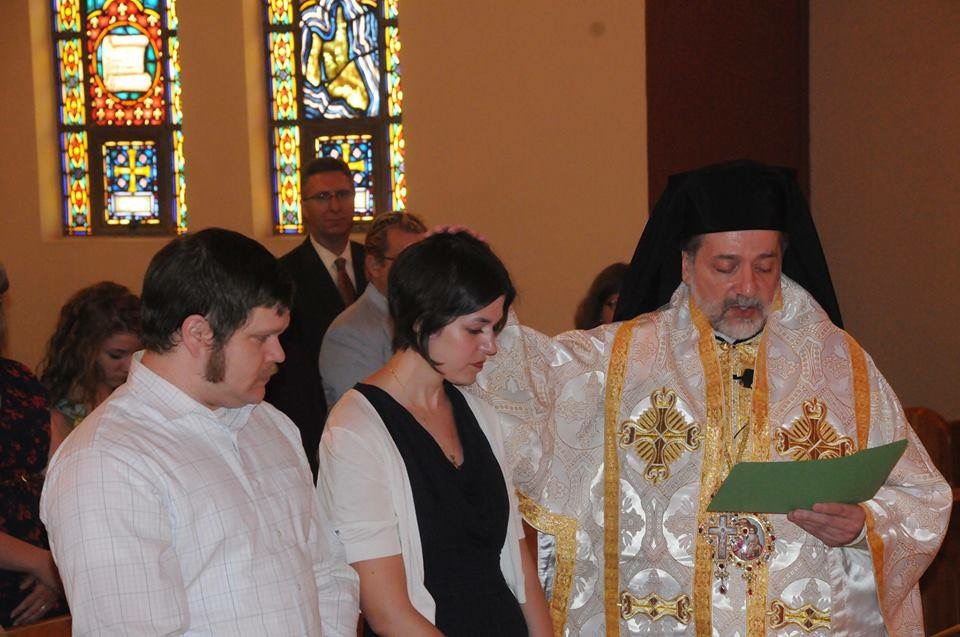
Elizabeth with her husband, Charles, and Metropolitan Nicholas at the endorsement and commissioning prayer service.
On the feast day of St. Luke the Evangelist in 2013, I sat in front of a small group of my peer reviewers in New York. This was the final step of a long professional journey of becoming a board certified chaplain by the Association of Professional Chaplains. A question was asked that has become a familiar refrain throughout the years of my training and one that continues to resonate: “How does it feel to be the first woman to be commissioned and endorsed for institutional chaplaincy by your archdiocese?”
I wondered about the meaning behind this question. As chaplains, we spend a lot of time wondering along with people, finding meaning in places that seem bereft of meaning. Being unable to discern what the interviewer may have intended—rather, I didn’t seek clarification—I can confirm that having gone through this process allows me to feel loved, supported and validated by my community.
Very often I find myself alone in a hospital room with a patient and his or her family. Working in a pediatric hospital, I am frequently at the bedside of a baby or young child, engaging his or her mother in conversation. In issues of sickness and health, as we contemplate the well-being of our children, and perhaps the very things that make life worth living or that define life itself, we share the most intimate and vulnerable parts of ourselves with each other. Inevitably, a time will come when someone asks, “Well, what do you think, chaplain?” In these moments I take a breath, say a prayer and feel strengthened by the prayers of my community. The endorsement of my ecclesiastical body, having stood in front of the congregation as His Eminence Metropolitan Nicholas read prayers of commissioning and endorsement over me and the intercessory prayers of my patron saint bring me peace in the midst of chaos.
While that question has become a refrain, so has my answer. Although many of our religious colleagues, clergy and otherwise, speak of a vocation—a sense of being called out—I feel just as strongly that God sometimes pushes rather than calls. I’ve had many experiences in my life when, upon reflection, I understand how I was being prepared for things in a very wonderful way that was completely lost on me at the time.
Some chaplains have a natural inclination toward the sciences; my own clinical supervisor during my training was premed before he entered seminary. This was not the case for me. Working with patients as they receive heart transplants; learning about head injuries, seizures and heart-lung bypass machines; watching little lungs develop with the help of machines and medicine; eradicating sickness and disease—these are as much miraculous as scientific in my eyes.
Rather, while in college I studied filmmaking and sociology, wanting to make documentary films. I love learning people’s stories, listening to them and learning about our world and our functioning within it. After studying for three and a half years I had a crisis of sorts, one known to many young people on the verge of college graduation. I had spent years working toward a goal that no longer inspired me. Through hours of thought, prayer and conversation with loved ones, I decided to study theology. A constant in my life was and is a love of the Church. I didn’t have an end goal in mind—and I had never even heard of hospital chaplaincy! When I finally summoned the courage to tell my parents that I wanted to study at Holy Cross Greek Orthodox School of Theology, my mother, much to my shock, responded with, “Well, we thought you may say this.”
Maybe it was my years in camping ministries and GOYA, the conversations with priests and monastics or all those hours spent in the liturgical cycle; maybe it was the continuing work of the Spirit imbued upon me during my baptism as an infant. I can’t make any more sense of this push now than I could then.
While in pursuit of my master of divinity at Holy Cross, I learned the unique value of being a student who was not preparing for ordination into the priesthood. While we all have the same vocation as baptized Orthodox Christians, those of us non-seminarians learning about theology and the practical applications of our faith are taught by default to think creatively about how to apply the same lessons. Whether we are studying to be youth ministers or missionaries, chaplains or social workers, we are well equipped with a strong foundation in theology. And, in quite an accidental way, I found that I loved the work of chaplaincy. My first introduction to this work was during my required hospital ministry class.
Continuing in pursuit of ecclesiastical endorsement, a requirement for board certification, I didn’t realize that I was asking questions that had not yet been asked of the archdiocese. I sought to professionalize or modernize that same call that each of us receive to visit the sick, a command Christians have had since Christ walked among us. This looks very different in America during the twenty-first century than it did in the first century or in Byzantium.
This tendency to think creatively, perhaps a skill acquired while I trained as a filmmaker and then honed during my studies at Holy Cross, was beneficial throughout my training and the process toward board certification as well as the work I do in my hospital each day. I am grateful to His Eminence Metropolitan Nicholas for his support. I am beholden first to the tenets of my Orthodox faith, but also to the hospital that employs me and the professional organization I represent.
Elizabeth Hawkins received her MDiv from Holy Cross Greek Orthodox School of Theology in 2009 and then returned to her hometown of Memphis, Tennessee, to continue chaplain training. She is recognized by the Greek Orthodox Archdiocese to serve as a hospital chaplain and is board certified by the Association of Professional Chaplains. She and her husband have two sons and attend Annunciation Greek Orthodox Church in Memphis.
_____________________________________________________________________________________________
Childbirth is a Blessing, Not an Occasion of Impurity
by Dr. Carrie Frederick Frost
originally published on Public Orthodoxy
“It was not until the late Byzantine era that the language of impurity entered these rites. And it was this modified and theologically problematic version of the prayers that received mass distribution through the printing press during the Ottoman period, effectively entrenching the impurity language in the Euchologion.”
_____________________________________________________________________________________________
On Women & “Ritual Impurity” Coffee with Sister Vassa Podcast
Sr. Vassa discusses the grisly topic we all hate to talk about, “ritual impurity” i.e., the canonical rules that limit women’s liturgical participation during times of menstruation and after childbirth.
Subscribe for Sister’s twice-weekly podcast at patreon.com/sistervassa
_____________________________________________________________________________________________
Churching: The Orthodox Rite of Churching the Mother and Child After Childbirth
By Dr. Carrie Frederick Frost
This four-part series explores the Orthodox rite of Churching in which mother and child re-join their church community for attending services, the prayers that are recited by the priest, and the implications and meanings of some of the language in these prayers.
Part I
The Orthodox Rite of Churching the Mother and Child After Childbirth
Churching Part II
A Focus on the Mother and the Putative Connection between Impurity and Childbirth
Part III
The Baby’s Trip Around the Altar
Part IV
Churching in the Twenty-first Century

